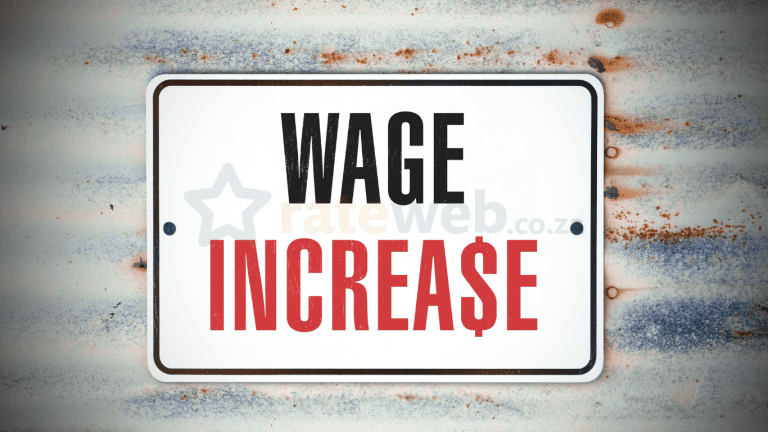As older members of Generation Z (born between the mid-1990s and early 2000s) increasingly enter the property market, their unique perspectives and priorities are shaping industry trends. A 2022 survey reveals that 72% of Gen Z respondents plan to purchase a home in the future, with 43% expecting to do so within the next five years. Furthermore, CoreLogic estimates that Gen Z accounted for 9% of all first-time homebuyer applications in the US in 2022.
Though affordability remains a significant challenge, many Gen Z homebuyers are prioritizing homeownership and diligently saving for their first property. Unlike Millennials, who often prefer renting for its flexibility, aspiring Gen Z homebuyers are drawn to the long-term benefits of owning property as a wealth creation strategy. For example, some young buyers are investing in buy-to-let properties to generate additional income while still living at home to maximize savings.
Tackling Affordability Challenges in the Property Market
Compared to previous generations, Gen Z is delaying homeownership, often choosing to live with family during their first years of employment to save for their first property. Factors like the rising cost of living and recent interest rate hikes contribute to this trend, leading many to rent rather than buy for the foreseeable future.
While financial constraints play a role in delaying homeownership, Gen Z also recognizes that owning a home is a long-term commitment with significant financial implications. Many first-time buyers are saving for a deposit before entering the property market. According to ooba Home Loans, the average deposit size for first-time buyers reached 10.1% in January 2023, marking the first time it has exceeded 10% since the beginning of the pandemic.
However, banks continue to approve 100% (zero deposit) bonds at record-high levels, particularly for first-time homebuyers. These buyers can also benefit from the competitive lending environment, with many banks offering interest rates below prime. Additionally, homes are becoming more affordable due to low House Price Inflation (HPI) in many parts of the country.
Gen Z’s Property Preferences and Buying Trends
Lightstone data reveals that Gen Z first-time buyers prefer metros over rural areas, with inland cities like Pretoria, Johannesburg, eMahleni, and Rustenburg being popular choices. Along the coast, Cape Town, Gqeberha, and Durban attract the majority of first-time buyers.
Gen Z buyers typically prioritize affordability, seeking up-and-coming neighborhoods on the outskirts of urban areas rather than expensive city centers. As the most tech-savvy generation to date, they primarily use technology to inform their purchasing decisions and find homes.
Gen Z’s top homebuying preferences include:
- Lock-up-and-go: Many young buyers prefer sectional-title properties that are easier to rent out and require less maintenance than larger freehold homes.
- Mixed-use developments: These developments offer a variety of amenities within walking distance, such as restaurants, shops, and entertainment options. Units in these developments are often more affordable and provide greater opportunities for socialization.
- Sustainability-focused: Gen Z’s environmental consciousness drives their interest in homes with sustainable features, such as energy-efficient appliances, solar panels, and eco-friendly building materials.
When Gen Z homebuyers enter the property market, affordability remains their top priority. They often seek smaller, more affordable homes or areas with lower housing prices. Some are exploring alternative housing options like tiny homes or co-living spaces, which are expected to dominate the residential property market in the coming years.










































